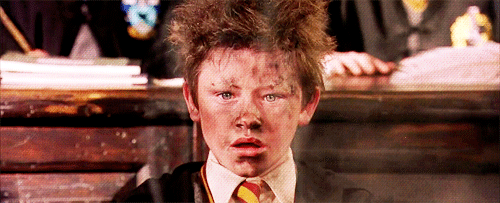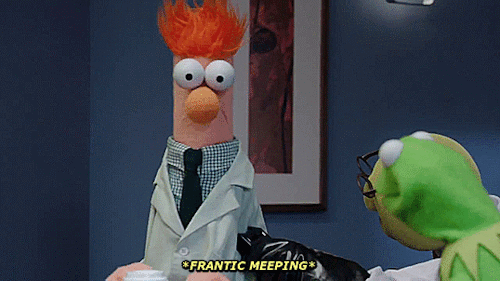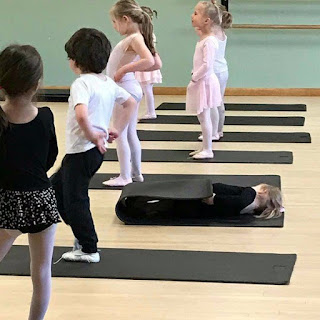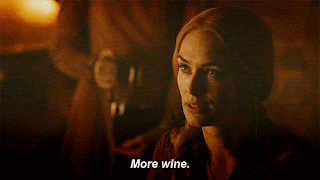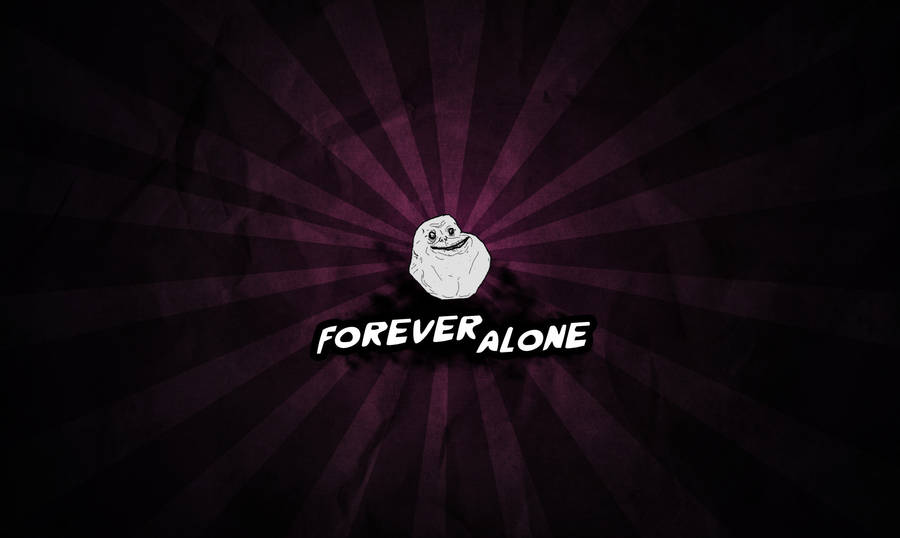Writing a scientific research paper is necessary to grow as a scientist.
... I told myself around hour 15 of working on my paper.
This research paper was very, very difficult for me to write. When I sat down to start it, I felt very lost. Maybe it was because of our Spring Break in the middle of the module. Maybe it was due to my own negligence at not focusing. Maybe it was because there were so many different things happening, all overlapping on different days. I'm not really sure what the reason was, or if it was even any of these things. But in the end, when I started writing my paper, I had a very poor idea of what actually happened in the module.
From there, I spent quite a bit of time reading a lot, and I mean
a lot, or research papers. I started off by writing my introduction. While I think it's easier to generate figures based on data, or a results section based on figures/data, the introduction of the paper is the most logical place to start. The introduction is a hour glass story. It starts from general, moves on to specific, then on to the question. That is exactly what I needed to do to reorganize my thoughts, and to parse what
actually happened the past few weeks.
Writing the introduction first meant finding a lot of resources. Finding resources meant reading
a ton of papers. This was the most useful thing I did to prepare for my paper. Tackling separate research papers on PARP inhibitors, compound 401, etc. really helped me piece together the picture we were expecting to see in our data. Which, of course, as science goes, was not at all the picture we saw. However, having all of these sources ready helped me go back and say: okay, we found this problem here.. so what did this person do to test something similar?
Once I had my introduction finished up until the 'here we show' chunk, I really felt prepared to write my paper. I moved in between figures and results, a little bit of editing methods, and on to discussion. The discussion was the most exciting. I felt that in writing my intro, I had read enough papers to find discussion points and plausible future experience to test theories. It was really rewarding to feel like I had actually gained knowledge from scientific literature, as I had never seriously read extensive (and by that I really mean semi-extensive, as there's no way you can compare the literature I read to something a PhD candidate reads) scientific literature on one topic.
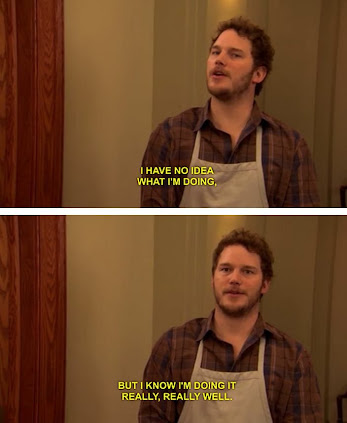
After approximately 24 hours of writing, I finally had a final product. There was a lot of tweaking. A lot of things I thought I knew, came to office hours to ask a question, and realized I didn't understand. A few things that I spoke to peers about, only to find out that there is actually a 'correct' way to do something. But after the entire roller coaster, I was finally finished.
Then stellar crashed at 9:54 pm. A very anti-climatic end, to a very high-stress experience in my life.
And yet, I wrote my very first official scientific paper- and that's exciting. :)
